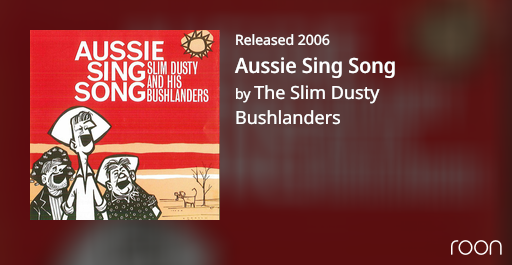To get back to the OP a bit, it isn’t about whether each of us likes streaming, and it isn’t about whether cloud will be an important trend. Will our mindset shift, and what does that mean?
One discussion that triggered the question in my mind was this mundane issue: you find an album on Tudal or Qobuz, and the LIKE button doesn’t work. Of course, you have to add it to your library first. WTF? Why do I have to go through that step? Of course, the LIKE setting is stored in Roon’s own database so it can quickly focus on it, you can’t set a LIKE flag in the database for an album that’s not in the database.
Ok, but when I click LIKE, that means I want to do that, Roon should do what is necessary, add the album to the database. Yes, it’s reasonable that an album that I like should be added to the library. No, got nothing to do with liking it, I may HATE the album, want to be able to do that too, add it to the library if you want, but flag it as HATE or LIKE, that’s what I want.
Exposing the requirement that the album be added to the library is wrong in two ways. First, it exposes an implementation detail to the user, breaking the abstraction. It’s like the save function, which is just about the cost difference between RAM and disk. I shut down Word, and it says “do you want to save your document first?” Of course I want to damn well save it, I worked on it for an hour, what are you, an idiot? “Uh, yes.”
But more deeply, it exposes the distinction between my stuff and the universe of music. Not my owned, local music, Roon hides that distinction, one of its most important breakthroughs, together with hiding the distinction between file formats, sampling rates, PCM vs DSD. But this exposes the mine distinction.
This is old fashioned. I think I swim in an ocean of music, millions of albums, I talked about the long tail in the discussion of The Fabulous Value of Recommended For You. Yes, things I have “added to my library” is a meaningful practical distinction, it’s easier to browse among a few thousand albums I have selected than among 100 million. But it’s only a convenience, it isn’t fundamental.
I can already play an album directly from the cloud. Why should we insist on the distinction?
But I know there are people who dislike the idea of cluttering up their library with stuff from the cloud.
This is what this thread is about. A mundane operational complication, that at heart illuminates a philosophical distinction that maybe can and should go away.



